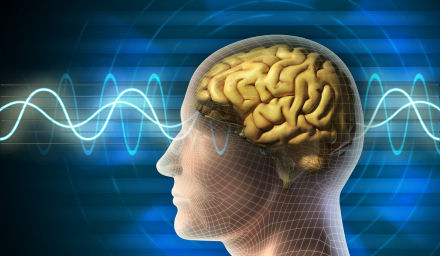
Speed-reading apps for phones and tablets work by eliminating the time we supposedly waste moving our eyes as we read. But new research published in Psychological Sciencesuggests that the eye movements we make during reading actually play a vital role in our ability to understand what we’re reading.
“Our findings show that eye movements are a crucial part of the reading process,” says Elizabeth Schotter of the University of California, San Diego, lead author of the new study. “Our ability to control the timing and sequence of how we intake information about the text is important for comprehension. Our brains control how our eyes move through the text – ensuring that we get the right information at the right time.”
Schotter and co-researchers Keith Rayner and Randy Tran conducted a study examining the role that eye movements play in the reading process, which is negated by rapid serial visual presentation, the method used to display text in speed-reading apps.
The subjects in the study were instructed to read sentences (on a computer screen) for comprehension. Sometimes the sentences were presented normally; other times, the sentences were presented such that a word was masked with “X”s as soon as the subjects moved their eyes away from it, making it impossible for them to get more information from the word were they to return to it.
The results showed that, during normal reading, comprehension levels were about the same whether the students did or did not make a regression. These results suggest that we only make regressions when we fail to understand something, and we can fill in the gap by going back to look again. But, when the researchers compared data from the normal sentences and the masked sentences, they found that the students showed impaired comprehension for the masked sentences, presumably because they weren’t able to re-read when it would have been helpful. “When readers cannot backtrack and get more information from words and phrases, their comprehension of the text is impaired,” explains Schotter.
Interestingly, the students showed similar impairments in comprehension for masked sentences that were straightforward and also for more difficult, ambiguous sentences, suggesting that regressions are critical for reading comprehension across the board.
The study has clear relevance to new apps that minimize eye movements and limit the amount of control readers have over the sequence of reading. But, says Schotter, “given how integral reading is to our everyday lives, the findings also have broad relevance to our understanding of how we read any piece of text.”
Related:
Discuss this article in our forum
Brain-training claims questioned
This is your brain on iTunes
Who’d have thunk it? Scientists reveal how overthinking handicaps human performance


















Comments are closed.